15. E.T. The Extra-Terrestrial (1982)
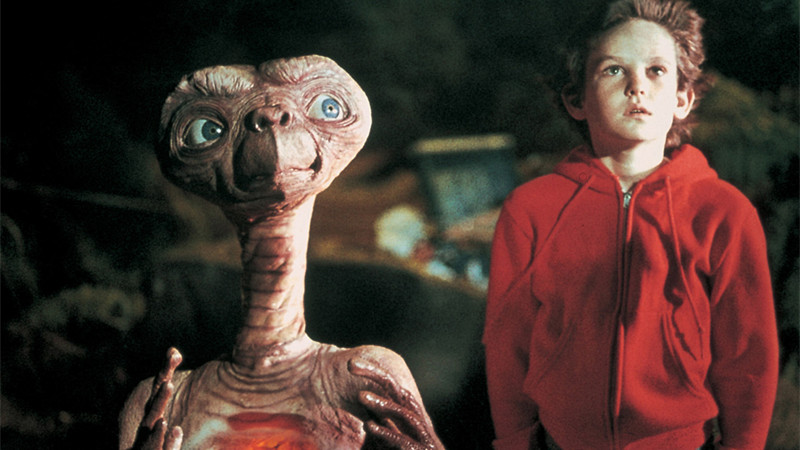
A gigantic mega-hit with children and adults alike, E.T. The Extra-Terrestrial is a well-remembered and beloved production from Spielberg’s “golden era” between 1975 to 1982. Spawning a merchandise machine whose second-hand market in antiques still thrives to this day, to a certain generation this is the film that defined their childhood. However, unlike Hook, it’s actually a relatively decent film.
The story of a candy-loving alien that befriends a young boy, who in turn helps him build a machine to contact his home planet and protects him from government agents that want to take E.T. into custody, this film is Spielberg displaying his talent for mixing the commonplace with the fantastic. Set in an average suburban town, the commonplace is transcended into a magical terrain through the eyes of an alien, and it’s an all-around family-friendly classic.
That said, the film hasn’t aged particularly well: firmly set in 1982, the special effects are also stuck in that era, and in the age of CGI it looks dated to modern audiences. But its ultimate success comes in its influence and the deep-seated affection generations of moviegoers have for the film that has sustained it through the decades since its initial release.
14. Munich (2005)
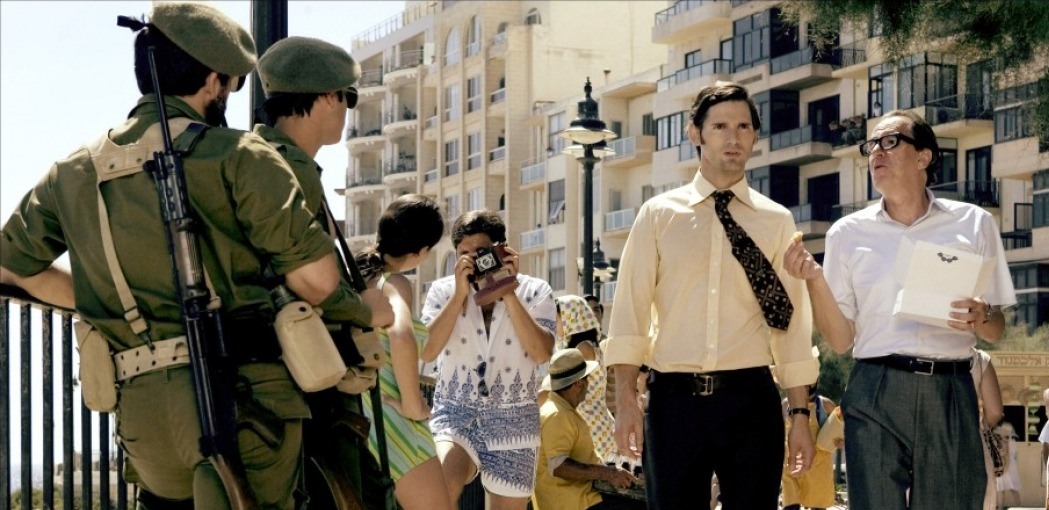
The Munich Massacre in 1972–where 11 Israeli Olympic athletes were taken hostage and then executed by the Palestinian terrorist group Black September at that year’s Games–inspired a reaction from the Israeli government to develop a covert operation, titled Operation Wrath of God, to seek vengeance for those responsible for the assassinations.
Perhaps the most visceral thriller he’s ever made (aside from Jaws, of course), Munich is unlike much of Spielberg’s work: opening with a tense re-enactment of the kidnapping and murder of the ultimately doomed Israeli athletes and closing with an ominous shot of the World Trade Center, it’s a controversial film where the filmmaker takes both sides and neither side, instead seeking to open a dialogue about the nature of terrorism and what effect, if any, revenge has on stopping it.
Spielberg–an Orthodox Jew and funder of the Shoah Foundation–knew he was wading into politically dangerous waters when creating the film, and he was widely criticized for being both anti-Palestinian and anti-Israeli. A risky film by a director not known for political statements, Munich is a rare look at Spielberg’s attempt at examining a complex situation with no easy answers (or endings).
13. A.I. Artificial Intelligence (2001)
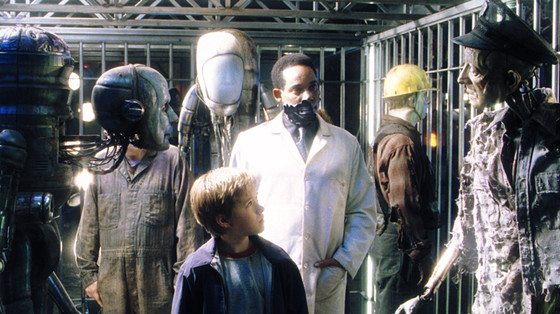
A sort of warped Pinocchio story, A.I. Artificial Intelligence is set in the near-future where androids have become commonplace and the world’s first android child is developed. This AI, named David, is tested on a couple whose own son has been placed in cryogenic stasis until a cure is found for his illness.
The film follows David’s odyssey to become a real human boy, which he thinks will secure the love of his adopted “mother” that abandons him once her son is cured, as he traverses across a futuristic and hostile American landscape with a gigalo android who’s on the run from the law.
The film–which is often dark and gritty–was being developed by director Stanley Kubrick before he passed away. Spielberg took up the project as a way to honor the filmmaker, and while he discarded many of the more violent and explicit elements of Kubrick’s original treatment, watching the film it’s easy to tell which parts were kept in accordance to the late director’s vision.
Although it doesn’t stick the landing (Spielberg, never one to pass up a “happy” ending, tacked on a new conclusion that gave David a resolution of some sort), AI Artificial Intelligence is still a fascinating sci-fi film with excellent special effects that provides a glimpse of a surprisingly dark future.
12. Indiana Jones and the Temple of Doom (1984)
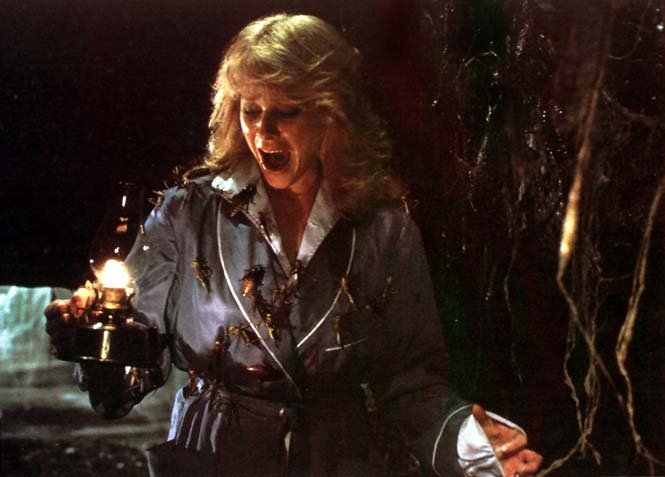
Just as George Lucas will be remembered for Star Wars, Steven Spielberg’s franchise legacy is Indiana Jones (a character also created by Lucas). Over the course of four movies (three of them excellent), Spielberg detailed one of the most memorable characters in fiction and produced some of the greatest action-adventure films of all time.
The second film in the original trilogy and a prequel to Raiders of the Lost Ark, Indiana Jones and the Temple of Doom is a cracking good adventure that has only two major detriments: its unrelentingly dark tone (to the point where some people can remember being terrified at some elements of the film, in particular the human-sacrificing, child slavery-practicing Thuggee cult) and the inclusion of the thoroughly annoying character Willie Scott (played to shrill distraction by Kate Capshaw, Spielberg’s wife at the time). Although minor complaints, it’s enough to drop this one to the position of third-best Indiana Jones film–which is still pretty great.
11. Catch Me If You Can (2002)
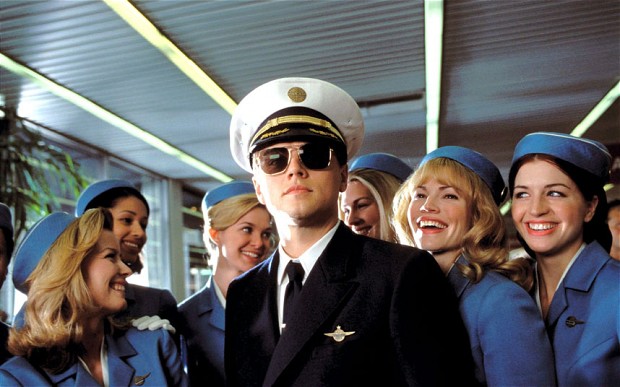
It’s fun to watch a good caper film: a charismatic con man can make crime look fun, and in the hands of a great director, it can elevate a somewhat pedestrian story into art. This is what Spielberg accomplishes in Catch Me If You Can, one of his breeziest movies.
The film details the exploits of teenage con artist Frank Abegnale, Jr. (Leonardo DiCaprio), who begins to grift his way through life after his parents split up, his fraud is tracked by dedicated FBI agent Carl Hanratty (Tom Hanks), who begins to close in on the young hustler. Spielberg also luxuriates in America’s 1960s, humorously poking fun at a more innocent time when people were far more trusting, which makes Frank’s cons that much easier to perpetrate.
Charming, witty, and and easy to watch, what makes it a great Spielberg film is its basis in reality and his obvious enjoyment in recreating the glossy, materialistic, and somewhat naive 1960s. It doesn’t carry some deep or important message, but it’s a slick film made by one of the best directors ever, and sometimes that’s all a film needs to be to succeed.
10. Indiana Jones and the Last Crusade (1989)
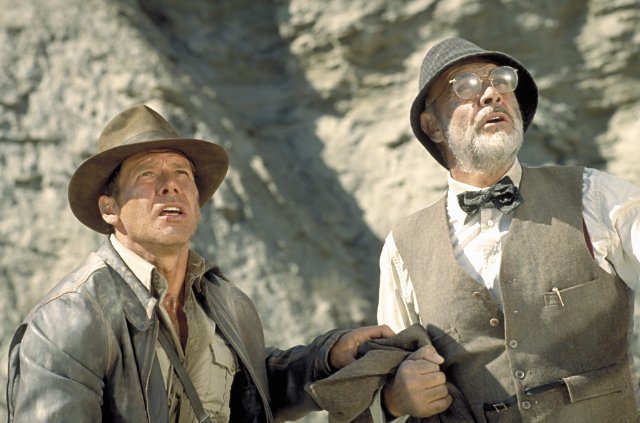
The third of the original Jones trilogy, this film follows Last Crusade and serves as a fantastic conclusion with Indy joining up with his archaeologist/adventurer father (played perfectly by Sean Connery). Toned down from Temple of Doom, this film features spectacular Spielbergian action sequences and reflects the casual humor and characterizations the franchise is known for.
Jones is back fighting Nazis, this time side-by-side with his somewhat distant father, and the throughline of their relationship gives this film its emotional resonance. The artifact they chase, the holy grail, also resurrects the film’s religious undertones first started in Raiders and similarly raises the stakes of the adventure as Indy & Co. are pitted against Nazi scum to find the grail before it’s used for purposes of world domination.
Although diverting from the formula of the first two films by eschewing the traditional female protagonist for the adventure, making the villain a double-crossing woman and pairing Jones with his father as they go on an adventure together more than makes up for this omission, and the perfectly shot stunt and action sequences prove yet again why Spielberg is a master of his craft.
9. Minority Report (2002)
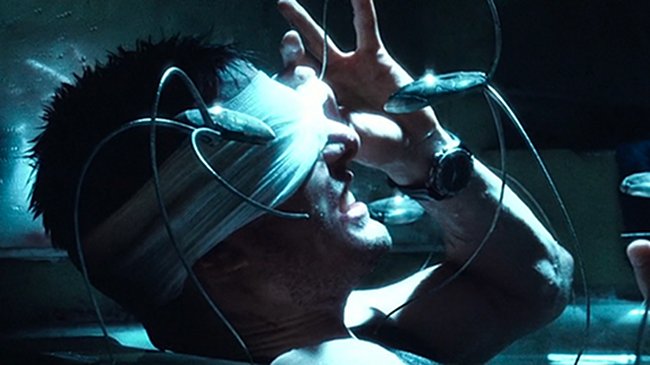
When Spielberg does a sci-fi film, he always excels at creating a detailed, believable world in which the story can unfold. In the case of his adaptation of Philip K. Dick’s short story Minority Report, the speculative future that he maps out is so well-articulated it may be considered one of the best sci-fi films ever made.
But before lavishing praise on its production, the story: in near-future Washington, D.C., crimes can be detected before they occur thanks to the PreCrime division, led by Chief John Anderton (Tom Cruise). This is due to three modified humans known as “precogs” whose united psychic powers generate visions of future crimes.
People who are determined by these precogs as future criminals are arrested before they can commit the crimes and placed into virtual reality-enforced solitary confinement. The program is controversial but is set to go go nation-wide–that is, until Anderton is identified as a future criminal. From there, he goes on the run trying to prove his innocence, which may be found in the mind of one of the precogs, and also threatens the future of the program.
It’s heavy, complex science fiction that addresses the philosophical concepts of free will and determinism, but its greatest achievement is a technical one: the incredible technological future that Spielberg successfully depicts on-screen. From small details like cereal boxes that play music that become animated when picked up to 3D video recordings to fast-moving cars that run on electric track highways, it’s a fully realized future that’s a treat for the eye and will impress any fan of the sci-fi genre. Besides that, it’s one hell of a good film that finds Spielberg moving firmly into the 21st century.
8. Lincoln (2012)
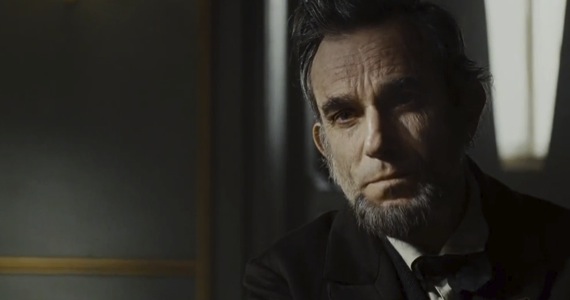
Abraham Lincoln–the 16th President of the United States who led the nation through the Civil War and abolished slavery forever in this country–is practically an American saint. His story has been told many times over through biographies, stage plays, and films, and even 150 years after his assassination he is still considered one of America’s greatest presidents. To say that his legacy should be depicted with revenance is an understatement: it demands such treatment.
And Spielberg lived up to these expectations in his film Lincoln, which details the final four months of The Great Emancipator’s life. Composing the film in a restrained, dignified style, Spielberg’s film is a lavish recreation of the historic period that also features his gift of humanizing characterizations of the figures involved.
But the central figure of the film also deserves the greatest praise: Daniel Day-Lewis’s portrayal of the tortured, principled president received universal acclaim, and rightly so–he carries the film by infusing this historical figure with the solemnity, wit, and gravitas that Lincoln deserved.
It’s a historical drama that serves as a history lesson in itself; even with criticisms that it wasn’t a completely accurate representation of the events, it’s the spirit of the historic closing months of Lincoln’s life the film captures: the constitutional abolition of slavery and the end of a long war that tore America apart is depicted with as much dignity as the figure deserves, along with the emotional strain these causes wrought upon the man.
Nominated for 12 Academy Awards (with Lewis deservedly winning Best Actor) and a box office hit, Lincoln is one of Spielberg’s best historical dramas–and one of his best films.